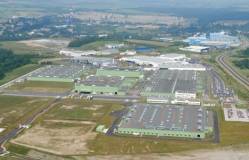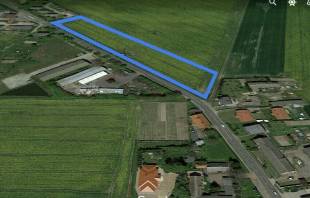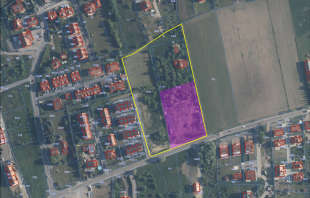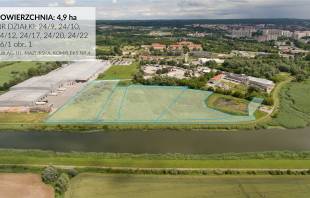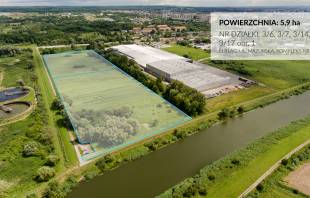The new regulations on sale and purchase of agricultural land may have a negative impact on the implementation of investment plans. According to the prepared amendment to the Act, only individual farmers will be able to buy land. The right of pre-emption with regards to companies that have agricultural land may make it difficult to carry out transactions and have a negative impact on the transparency of mergers and acquisitions.
Work is currently under way on the amendment to the Act on shaping the agricultural system, which regulates, among others, the sale and purchase of agricultural land. Therefore, new provisions are not yet known. However, we can predict that the regulations will affect demand and prices, and limit purchases of agricultural land for investment purposes.
– Most people think that agricultural properties are mainly fields and meadows. The situation is not that simple. In Poland, there are a lot of agricultural properties that have been used for investment purposes for a long time. Potential restrictions on trade may affect the planned investments. The second area may by the professionalization of agricultural production, creation of larger acreages, which will operate more economically - says Paweł Halwa, managing partner in Schoenherr Law Office.
The new provisions will considerably reduce freedom when it comes to sale and purchase of agricultural lands. An individual farmer will not be able to sell their land to any person. The right of pre-emption will be granted not only to the existing tenant - in the absence of an authorized tenant, the right will be granted to the farmer whose property is adjacent to the divested land. Also the Agricultural Property Agency will be granted the pre-emption right. Currently, this right is granted with regards to real estates no smaller than 5 ha, after the changes, this requirement will be reduced to 1 ha.
According to Paweł Halwa, the changes will affect the companies that own agricultural lands.
– The idea was to reduce the trade by placing real estates in companies in order to avoid circumvention. In many cases, companies have real estates classified as agricultural lands, which were purchased in investment properties, for example to construct a warehouse or a production hall. A situation may arise where a company, whose main task is production, will become the subject of the pre-emption right. This will have a negative impact on the ease of transactions and the transparency of mergers and acquisitions. From this point of view, the restrictions appear to be too far-fetched – says the legal adviser.
In the last year, people wanted to avoid the planned changes, so there was an increase in the number of transactions. At the same time, the prices of agricultural lands were rising, even though they were still several times lower than in many EU countries. Even before May 1 of this year, the prices may begin to decline.
– If it turns out that some buyers, who have so far been on the demand side, will not be able to buy lands, it may affect the price of properties offered for sale. The concept where only farmers can buy agricultural lands will create a very narrow circle of buyers – emphasizes Paweł Halwa.
The new Act on shaping the agricultural system is associated with opening the land real estate market to foreigners – citizens of countires that are parties to the Agreement on the European Economic Area or the Swiss Confederation. The analysis of JLL shows that in the first half of this year, the interest of foreigners in agricultural lands can be maintained at a high level, but this level will be much lower than previously thought. As indicated by the expert from Schoenherr Law Office, it is difficult to find one business segment that will not feel the changes resulting from the new law.
– In practice, almost any manufacturer or service provider use real estates. It is possible that some of them planned their investments in agricultural lands. Restrictions in this area may have a negative impact on investment plans or the possibility of subsequent sale of a company that acquired agricultural land in order to carry out investments. Possible effects can be negative – says Paweł Halwa.
Paweł Halwa, managing partner in Schoenherr Law Office



















